
Huang Youfu, a professor of Korean studies at Minzu University of China, said the firm stance from both sides on denuclearization "gives a signal to Pyongyang that the way of nuclear development does not work".
"Xi's remarks of China being against any move hampering regional stability also tells Pyongyang that as long as it gets back to the Six-Party Talks, the situation is not as dangerous as Pyongyang thinks," Huang said.
"There will be a big leap between China and the ROK on the Korean Peninsula, and the meeting is a good start."
Yu Shaohua, director of the Department for Asia-Pacific Security and Cooperation Studies at the China Institute of International Studies, said it is hard to restart the Six-Party Talks immediately but it is possible to launch two-way or multilateral talks first.
In Thursday's talks, Xi also told Park that bilateral ties were at a "new historic starting point".
To elevate the ties, the presidents agreed on a basket of measures including reaching a "high-level" free trade pact at an early date and ensuring two-way trade hits the goal of $300 billion by 2015.
The neighbors started their FTA negotiations last year.
After the meeting, Xi and Park met youth representatives from both countries and officiated at the signing ceremony of a slew of cooperation documents on areas including trade, financing and technology. They also met reporters together.
Seoul-based Yonhap News Agency said the pacts will enable China to lower barriers to ROK enterprises and allow ROK companies to get involved in the development of West China.
The nations issued a joint statement on Thursday to enrich their strategic and cooperative partnership, outlining a blueprint for future development.
AFP said on Thursday that ties between Beijing and Seoul have always been colored by the Korean Peninsula nuclear issue and stagnated under Park's predecessor Lee Myung-bak, who focused his efforts on boosting Seoul's alliance with Washington.
Now "the hopes of a reboot have been bolstered" by the new leaders, it said.
Huang Youfu from Minzu University of China said compared with Lee's hard-line policies toward Pyongyang, Park's ideas are more favored by China.
"I believe China's ties with the ROK will see tangible progress. It is not about slogans, but concrete things in policies, security and civil exchanges. The ties will match the name of a strategic and cooperative partnership."
Huang said such progress is also important for Seoul, especially as Japan's right-wing forces rise.
Park will also meet Premier Li Keqiang and top legislator Zhang Dejiang, and will speak at Tsinghua University — reportedly in Mandarin — before she visits the ancient city of Xi'an, capital of Shaanxi province.


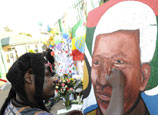

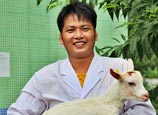
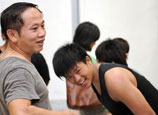


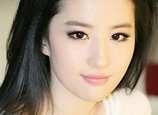
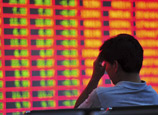







 Dance becomes popular stress relief
Dance becomes popular stress relief


![]()
